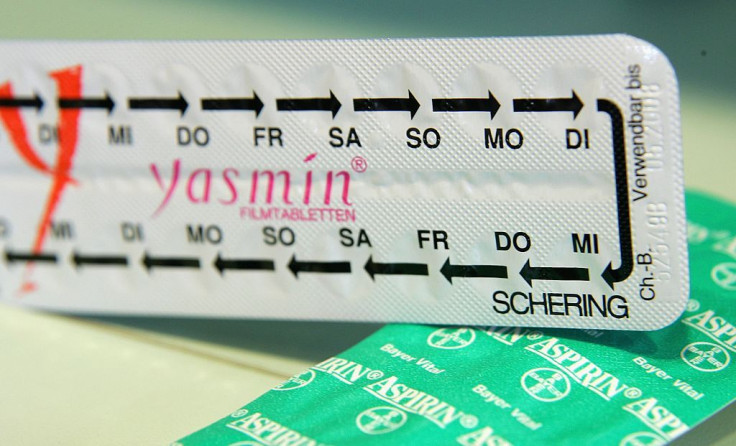Supreme Court Decision Means 126,000 Women Stand To Lose Birth Control Coverage

KEY POINTS
- The Obama administration exempted churches, synagogues, mosques and the like from providing free birth control
- An appellate court said the Trump administration exemption would disproportionately affect poor women
- NARAL Pro-Choice said the decision attacks women's fundamental rights
The U.S. Supreme Court Wednesday ruled employers with religious or ethical objections can opt out of federal rules requiring them to provide access to free birth control in a 7-2 decision written by Justice Clarence Thomas.
Justices Ruth Bader Ginsburg and Sonia Sotomayor dissented. Justices Elena Kagan and Stephen G. Breyer wrote a separate opinion siding with the majority.
The decision means as many as 126,000 women could lose contraceptive coverage, the government has estimated. Birth control pills can cost $50 a month, with attendant medical coverage pushing costs to as much as $800 annually.
“We hold that the [administration] had the authority to provide exemptions from the regulatory contraceptive requirements for employers with religious and conscientious objections,” Thomas wrote.
The case now goes back to lower courts to vacate the nationwide court order blocking the exemption.
The decision came in a lawsuit filed by Little Sisters of the Poor and Sts. Peter and Paul Home, challenging the provision in the Affordable Care Act that required employers to provide access to free contraceptive services as part of a mandate to provide preventative health services and screenings for women.
Religious organizations like churches, temples and mosques were exempted but religious schools, hospitals and other nonprofit groups were not under Obama administration rules. Some groups objected, saying the provision was tantamount to abortion.
The Trump administration sided with those seeking exemptions in 2018, and extended the exemption to employers with “sincerely held moral convictions opposed to coverage.”
Pennsylvania and New Jersey objected, and an appellate ruling by the 3rd U.S. Circuit Court of Appeals blocked the Trump administration revision because of the burden it would place on state governments and the practical effect on mostly poor women.
NARAL Pro-Choice said the decision bolsters efforts by the anti-abortion movement to attack women’s fundamental rights and impose a minority-held ideology.
“The Supreme Court’s decision to allow the Trump administration to put control over people’s birth control in the hands of the whims of their bosses and employers is deplorable,” NARAL President Ilyse Hogue said in response to a query by International Business Times. “This decision just further exposes that ultimately, the radical right is really about controlling women and our lives with no eye towards equality or public health and well-being.”
“Today’s ruling is egregious — people rely on birth control for their health, for their livelihoods, and for their ability to determine their own futures," Planned Parenthood President and CEO Alexis McGill Johnson said in a statement, adding, "Restrictions like this target Black and Latinx people who are more likely to be low income and for whom basic health care has always remained out of reach, because of historic and continued underinvestment in access to affordable care."
The Trump administration hailed the ruling as a victory for religious liberty.
"We can advance the goal of protecting access to healthcare and social services, while simultaneously protecting and respecting sincerely held religious beliefs and moral convictions.," Health and Human Services Secretary Alex Azar said in a statement.
© Copyright IBTimes 2025. All rights reserved.






















